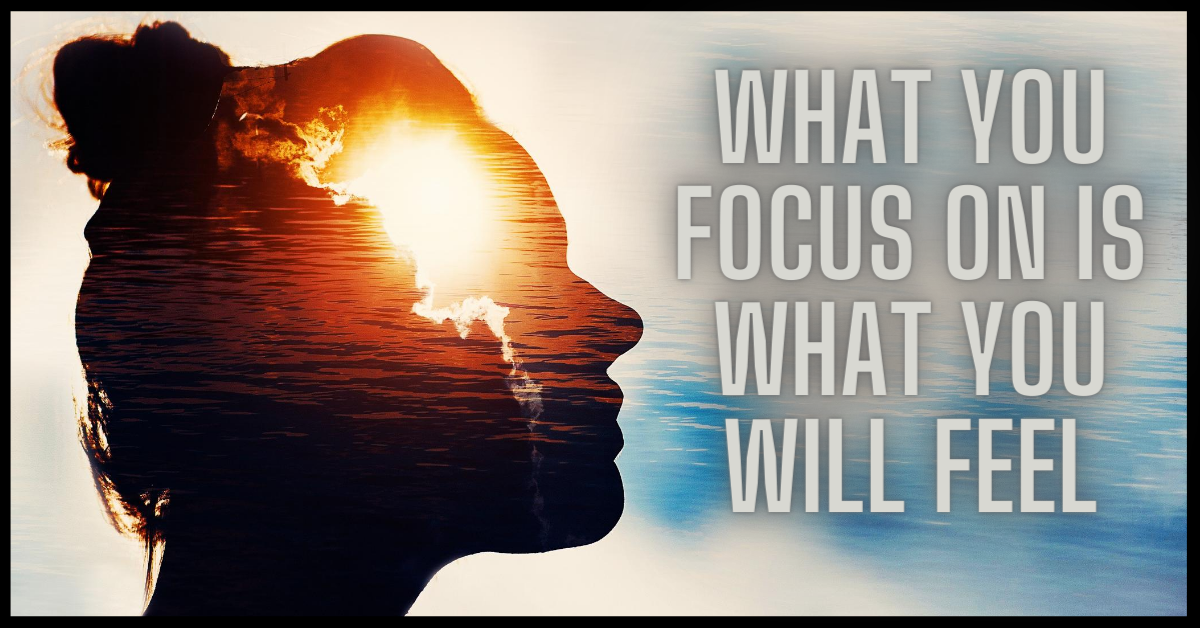I grew up as a child actor. When I was 10, I studied method acting by Stanislavski and one of the big feats that you have to learn how to do as an actor is how to cry on cue. They teach you to do this in method acting through an exercise called a sense memory.
You start out with about five minutes of calming your mind, sitting still, and trying to relax your brain down into theta waves. It’s basically meditating. You then think of a situation that would upset you and you focus on your five senses. Let’s say you were going to imagine your dog dying. You would first focus on what your dog smells like then you would focus on the nuances of what you hear, maybe it’s the vet asking you a question or the sound of his bark.
Without fail, by time you get to the 5th sense, but often by the second, if you kept your focus, you would be balling your eyes out.
Even back then, it fascinated me how much control your mind had over your emotions. Even when you were fully aware that what you were imagining wasn’t true or real, it felt real just the same.
So let me ask you a question. When you are upset, whether you’re anxious or depressed, is anything bad happening to you at that moment?
With the rare exception that you are being tortured at this very moment, it’s more likely that if you’re depressed, something happened in the past or if you’re anxious, it could be you’re afraid something will happen in the future.
I am not trying to minimize that thing, I am simply pointing out that it’s not physically in the room with you right now. It’s more likely that you’re sitting at a desk reading this email.
You are carrying that emotion in your mind and you are activating it by what you are calling into your memory, imagining or thinking about. And just like sense memory, regardless if the thing you are believing or focusing on is true or relevant, whatever you are focusing on is what you will feel.
You have allowed yourself to go on autopilot. You have allowed your brain to decide which reality, dream, or horror story you are going to live in today.
Well here’s the good news, when we needed to do a scene where we were ecstatically happy, guess what... we did the same exact exercise. The only difference was the scene we played in our mind’s eye. We would think about something amazing, fun, or exciting. What it would really be like to win the lottery, or make it to the top of the mountain, or fly.
Olympic coaches often talk about the importance of mental toughness training. They have their athletes envision winning the race over and over until it becomes part of their neurobiology.
I want to encourage you to give it a try this afternoon. Instead of letting the conversation in your head be dominated by replaying what you should’ve said to a member of the other political party, try using sense memory about the vision you have for your life. Don’t just say it. Focus on it and what would it be like when you achieve it. What does the scene look like, who’s voice do you hear, what do you smell?
Take control of your mental dialogue. Even though it seems like it, I promise emotions don’t just spring up out of nowhere. They spring up out of thoughts and mental imagery. You’re not sad because your boyfriend was late for dinner, you’re sad because your mind asked you a question, a question that hurts and scares you, “does he love me?”, and guess what, your brain is going to come up with an answer regardless of whatever question you ask it and the answer will play as a movie in your mind.
Tony Robbins speaks often about being aware of the questions that you’re asking and changing the question. Don’t ask, “am I dumb?” Ask your brain “what are some examples of times that you did something really smart”.
What you feel is determined by what you focus on and think about, but it’s also determined by what meaning you give to the circumstances and how you interpret them.
Let’s go back to the example of the boyfriend being late for dinner. If you have interpreted the situation to mean he stayed late at work so he can buy you more things because he loves you so much, the situation might make you happy. However, if you interpret it to mean he stayed late because he has a crush on his Secretary or doesn’t want to spend time with you, you are going to feel pretty lousy.
Why choose meanings that don’t serve you? There may be a time for evaluating a situation but 90% of the time, you don’t have any evidence so why not choose to believe the thing that will make you feel good? Why is the default to choose the thing that will make us feel anxious?
Why is it that if five amazing things happen today and one bad thing happens, the movie we choose to live in for the rest of the day is the bad one?
This doesn’t have to be your default. It’s as simple as changing the channel. When you recognize you’re in a negative loop pattern-- stop.
Change the question you ask yourself, change the story you’re meditating on. Come up with a possible alternative meaning to the situation you’re over-analyzing. Bask in the mental movie of what it will feel like when your favorite vision comes true. If you do this, guess what? It probably will.
